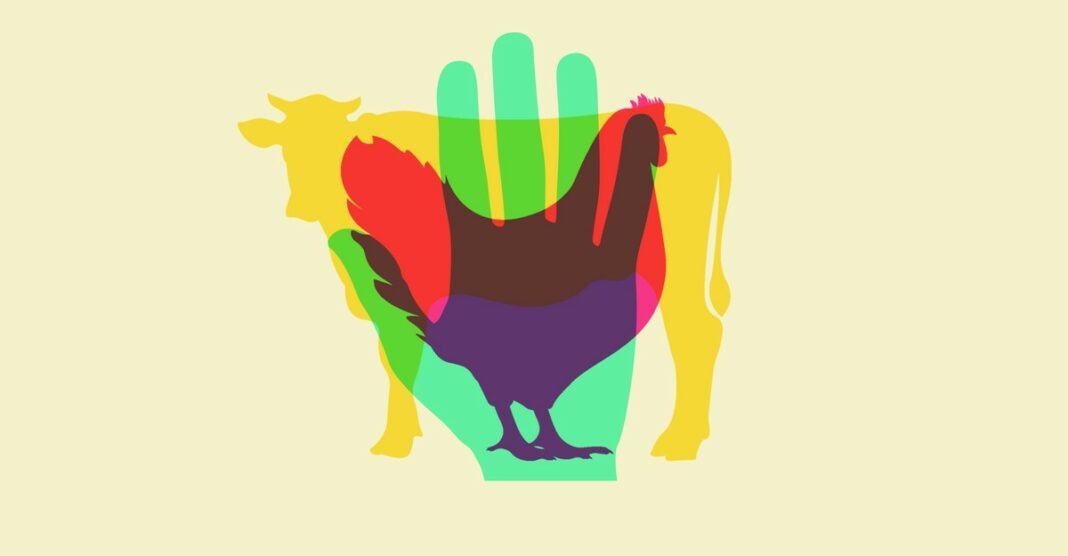There Are No Good Options Left With Bird Flu
Introduction
Bird flu, also known as avian influenza, is a highly contagious viral infection that primarily affects birds. However, bird flu can also spread to humans and other animals, posing a significant public health threat. In recent years, there has been a resurgence of bird flu outbreaks, raising concerns about the potential for a global pandemic.
The Current Situation
The world is currently facing a critical situation with bird flu. Despite efforts to contain the virus, it continues to spread rapidly, causing significant losses in the poultry industry and posing a serious threat to human health. The emergence of new strains of bird flu that are more transmissible and deadly has further complicated the situation.
The Challenges
One of the biggest challenges in dealing with bird flu is the lack of effective treatment options. While antiviral medications are available, they are often ineffective against the new strains of the virus. In addition, the development of a vaccine for bird flu is a complex and time-consuming process, making it difficult to quickly respond to outbreaks.
The Consequences
The consequences of not being able to effectively control bird flu are dire. In addition to the economic impact on the poultry industry, there is a real risk of a human pandemic. If the virus were to mutate and become easily transmissible between humans, it could result in a global health crisis with potentially devastating consequences.
Potential Solutions
While there are no easy answers to the bird flu problem, there are a few potential solutions that could help mitigate the impact of the virus. These include improved surveillance and monitoring of bird populations, increased research into new antiviral medications and vaccines, and better coordination between countries to respond to outbreaks quickly and effectively.
Surveillance and Monitoring
By improving surveillance and monitoring of bird populations, we can better track the spread of the virus and identify potential outbreaks before they become widespread. This can help us contain the virus more effectively and prevent it from spreading to humans and other animals.
Research and Development
Increased research into new antiviral medications and vaccines is essential to developing effective treatments for bird flu. Scientists are constantly working to identify new compounds that could target the virus and prevent it from causing serious illness in humans. These efforts are crucial to staying one step ahead of the virus and protecting public health.
International Cooperation
Finally, better coordination between countries is essential to responding to bird flu outbreaks. By sharing information and resources, countries can work together to contain the virus and prevent it from spreading across borders. International cooperation is crucial in the fight against bird flu and other infectious diseases.
Conclusion
In conclusion, there are no good options left with bird flu. The virus continues to pose a serious threat to public health and the economy, with no easy solutions in sight. However, by improving surveillance and monitoring, investing in research and development, and fostering international cooperation, we can better prepare for and respond to future outbreaks of bird flu. It is crucial that we take action now to safeguard our health and well-being.
FAQs
What is bird flu?
Bird flu, or avian influenza, is a viral infection that primarily affects birds but can also spread to humans and other animals.
Is bird flu contagious?
Yes, bird flu is highly contagious, particularly among birds, but it can also spread to humans through direct contact with infected birds or their droppings.
How can bird flu be prevented?
Prevention measures include proper hygiene practices, avoiding contact with sick birds, and getting vaccinated if recommended by health authorities.




